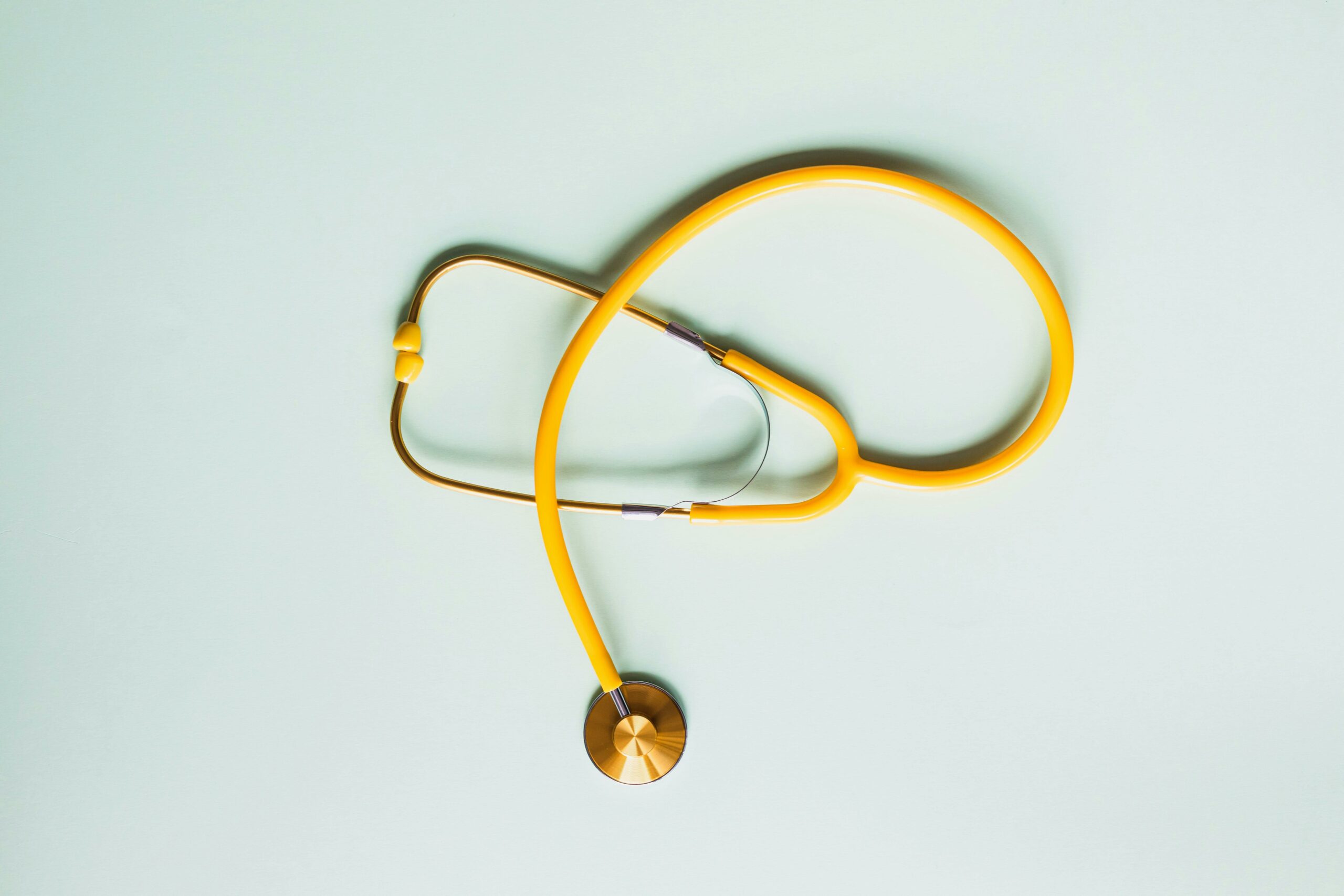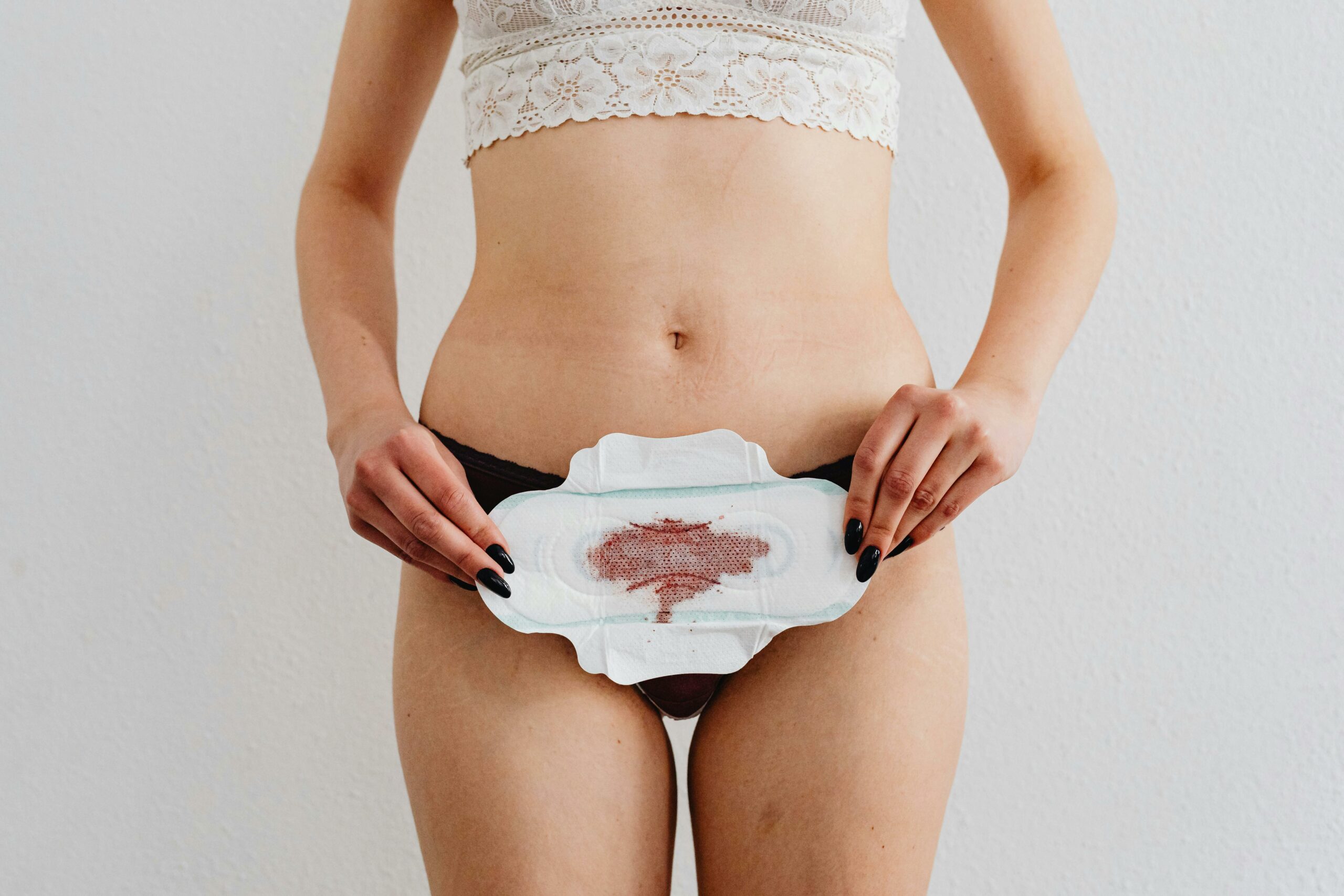
PMS or pregnancy symptoms?
In this article
What's the lowdown?
Pre-menstrual syndrome (PMS) and pregnancy can have similar symptoms
The main difference between the two: you will have a positive pregnancy test if you are pregnant and with PMS the test will be negative
PMS symptoms happen before a period. If you are pregnant, you will not have a period.
What is PMS
PMS stands for pre-menstrual syndrome. It is a set of psychological, behavioural and physical symptoms experienced during the luteal phase of our cycle. PMS is not to be confused with pre-menstrual symptoms, which are experienced by 80-90%1 of us. PMS is a diagnosis made by a doctor based on the severity and timing of your symptoms.
The symptoms might be barely noticeable to some, so will not be called PMS. PMS is a diagnosis reserved for when these symptoms become severe enough to impact your day1. There are three severities of PMS: mild, moderate and severe. You might also hear severe PMS being called pre-menstrual dysmorphic syndrome (PMDD). The difference between the two is based on symptoms and how much they impact your life.
There is a large overlap between PMS symptoms vs pregnancy symptoms. Let’s find out how to differentiate between the two.
PMS symptoms (exclusive to PMS)
Specific symptoms of PMS are2:
- Low mood/depression
- Anxiety
- Irritability/anger
- Reduced libido
- Back pain
Early pregnancy symptoms (exclusive to pregnancy)
Specific symptoms of early pregnancy are:
- Missed period
- General mood swings
- Changes to your nipples
- Nausea and vomiting (otherwise known as morning sickness but can happen at any time of the day)
- Light vaginal bleeding/spotting
Symptoms PMS and pregnancy have in common
Overlap of symptoms:
- Headaches
- Feeling more tired/exhausted than normal
- Skin changes like acne
- Bowel changes (like constipation or diarrhoea)
- Weight gain
- Bloating/gassiness
- Food cravings/changes in appetite
- Tender breasts
- Cramping
How do I track my PMS symptoms?
Tracking your PMS symptoms accurately can definitely help you better understand what symptoms affect you and to what degree. Later on, it can also be useful to have this information if you need some medical advice.
You can record your symptoms using a questionnaire called “The Daily Record of Severity of Problems”. Try and track these over at least 2 periods (the more the merrier) so you can see if there is a relationship between your symptoms and your cycle4.
Summary
The main difference between PMS and pregnancy is a big fat-positive pregnancy test. With PMS, you will get a period one or two weeks after and with pregnancy, you will not have a period for 9 months after your egg has met the sperm (fertilisation). If in doubt, get yourself a pregnancy test and get yourself to the bathroom!
If you are struggling with PMS, don’t ignore these symptoms! Our cycle is not meant to take away from our life. Start by writing down your symptoms and when you have enough information, book an appointment with your doctor to discuss the next steps you can take to regain some quality in your life.
If you cannot wait, jump the queue and meet with one of our Lowdown GPs. Don’t suffer longer than you need to!
Our medical review process
This article has been medically reviewed for factual and up to date information by a Lowdown doctor.







